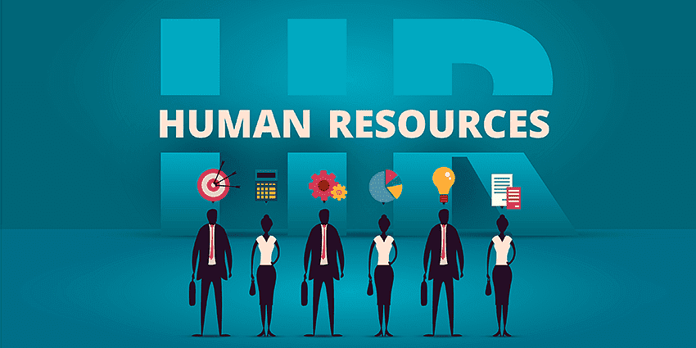We will remember 2020 as the year of change. No business, industry, region or nation was immune to last year’s adversity, and business owners especially had to respond to new pandemic-caused challenges relating to employee safety and customer confidence. Though we’re close to a full year into the pandemic, we do see an eventual conclusion, and lessons learned will help us navigate the still difficult months ahead.
Information for this eWEEK Data Points article was supplied by Karen Crone, CHRO at Paycor. Here she discusses the five ways the legacy of the pandemic will change the workplace in 2021 and beyond.
Data Point No. 1: Human resources: Get used to the spotlight
The pandemic affected the Human Resource department as much or more than any business unit. It created an inflection point for HR as a whole to look at every work practice, policy, compensation plan and benefit from a different perspective. It also upleveled HR as a key influencer for the overall corporate agenda, providing its leaders with an ongoing seat at the C-level table. The pandemic also provided HR with an inflection point for change, an opportunity to rethink past processes and procedures and embrace creative new systems.
HR will continue to elevate its importance to the organization leading to reshaped boundaries, the implementation of new policies and shedding unnecessary practices from the past.
Data Point No. 2: The future of work is virtual
The genie is out of the bottle. Employees have come to expect flexibility from their workplace and have adapted to a virtual work environment. In 2021, employees will continue to expect more flexibility including where and when they work. This will require organizations to be clearer with their time and attendance practices, their leave policies and manager expectations. The virtual office will continue in the coming year and the lifting of geographic limitations will provide opportunistic organizations new international and inter-regional talent to tap.
Data Point No. 3: More collaboration in the workplace
Whether it’s Slack, Google Drive, Zoom, Trello, CERKL or another workplace collaboration tool, employees are looking for more ways to connect. Employers must make this a priority in 2021. As budgets are made for the new year, leadership will have to invest in collaboration tools to improve virtual communication and connection. Technology is an enabler and employees want everything to be inter-connected, at their fingertips and in real-time. Employees want personalization in the coming year– especially with communication–so employers are going to have to deliver.
Data Point No. 4: Increased focus on employee mental and physical health to combat ‘burnout’
One of HR’s biggest challenges will be using its C-suite influence to help reduce the burnout that comes from prolonged and persistent societal, personal change and uncertainty. Employees have run hard and fast in helping their organizations respond to the pandemic causing fatigue that comes from a prolonged period of stress.
In the recently published Paycor “The State of American Business 2021” report, we found that while a majority of organizations (86%) are concerned about mental health in the workplace, nearly half (45%) are “not sure” how benefits can address these concerns, and only 17% were able to identify specific benefits, such as employee assistance programs, that could help them respond to what they perceive as an urgent problem.
In the coming year, HR will need to prioritize wellness plans, provide adequate mental health coverage in benefit plans and seek constant feedback through formal and informal means. Organizations that keep employees moving and connected will be more successful.
Data Point No. 5: Demand for more corporate transparency
Worker trust will remain high. As a result of 2020, people generally have less trust in institutions to make the right decisions, so employees will look to their employer for transparency, behavioral expectations and support. Analytics will be the new currency of the day as HR’s significance increases with data-driven insights. Employees will expect employer participation in social justice and equality issues and will demand compensation transparency and equality.
If you have a suggestion for an eWEEK Data Points article, email cpreimesberger@eweek.com.
